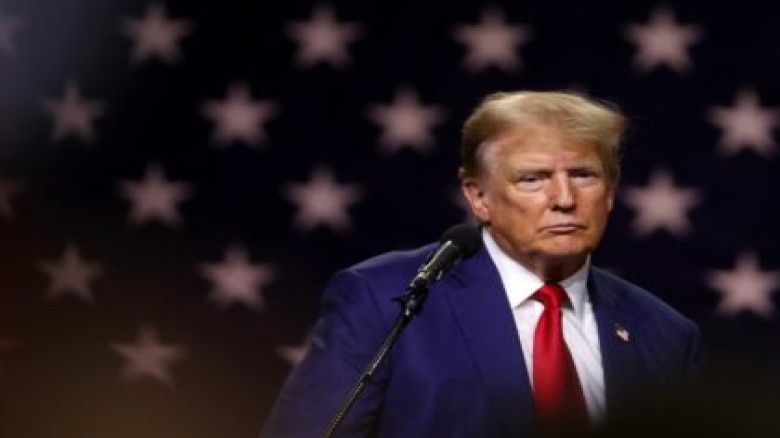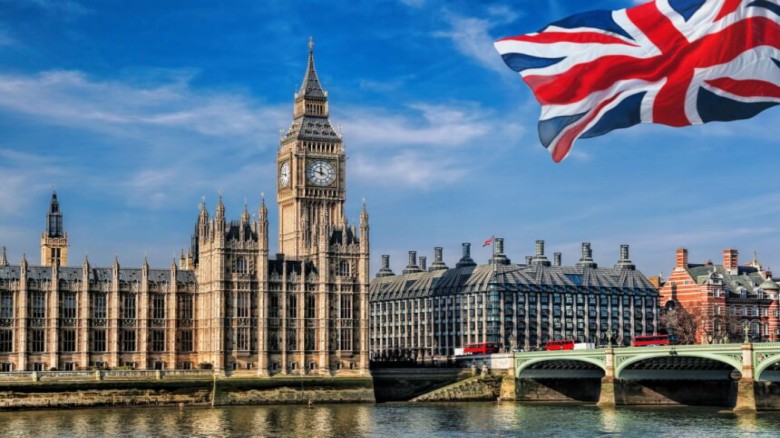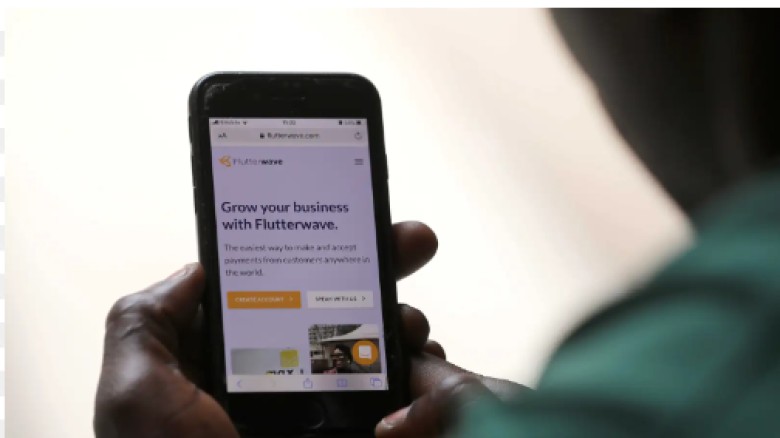Equatorial Guinea restricts WhatsApp amid sex scandal
Equatorial Guinea's government has prohibited its citizens from using mobile data to download and share multimedia files via WhatsApp.Following this decision, the country's government issued guidelines to telecommunications operators, urging them to implement measures to restrict access to inappropriate content.
Baltasar Engonga, the Director General of the National Financial Investigation Agency, was embroiled in a sex scandal involving the wives of well-known figures.
The scandal arose during a fraud investigation against the 54-year-old Economist, which resulted in ANIF officials conducting an impromptu search of his home and office, where they discovered several CDs revealing his sex escapes with various married women.
Health 360: Breast Cancer.0:00 / 0:00
The over 400 videos reportedly include encounters with high-profile individuals such as his brother's wife, his cousin, the President of Equatorial Guinea's sister, the Director General of Police's wife, and the wives of approximately 20 of the country's ministers, among others.
The footage, discovered in his office, was said to have been recorded with his permission and has since been leaked online, sparking a media frenzy.
However, in a new development on Tuesday, Ahora EG, a local news platform, reported that citizens have been complaining about their inability to share photos, videos, and audio when using a mobile data connection, forcing users to rely solely on WiFi networks to share such content.
A source told the platform, "Should an entire country pay for the actions of a few?" The likely decision to restrict access to essential communication functions appears disproportionate and punitive, affecting thousands of users of these platforms who, in addition to providing entertainment, use them for work and/or educational purposes.
"In a world where digitalisation is becoming increasingly important, should we shut down our platforms and halt our operations because of the actions of a few? Currently, users are forced to rely solely on WiFi connections, which not only limits their ability to communicate but also disrupts their daily activities.
"This situation has generated a heated debate among the population, where many believe that the measure seems to be more focused on controlling than facilitating communication," according to the report.
Ahora EG also quoted another question, "Is it really fair for everyone to bear the consequences of the actions of a few? The authorities have yet to explain why this restriction is in place, or how long it will last. At a time when information and communication are more important than ever, a lack of transparency exacerbates citizens' concerns.
Earlier, Equatorial Guinea's Vice President, Teddy Nguema, announced plans to install surveillance cameras in all state offices.
This sweeping measure is part of a larger effort to ensure strict adherence to public service laws and combat officials' misconduct.























Leave A Comment